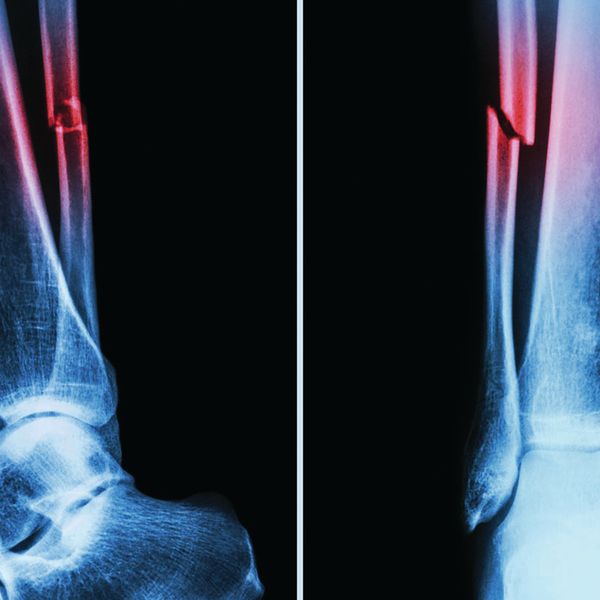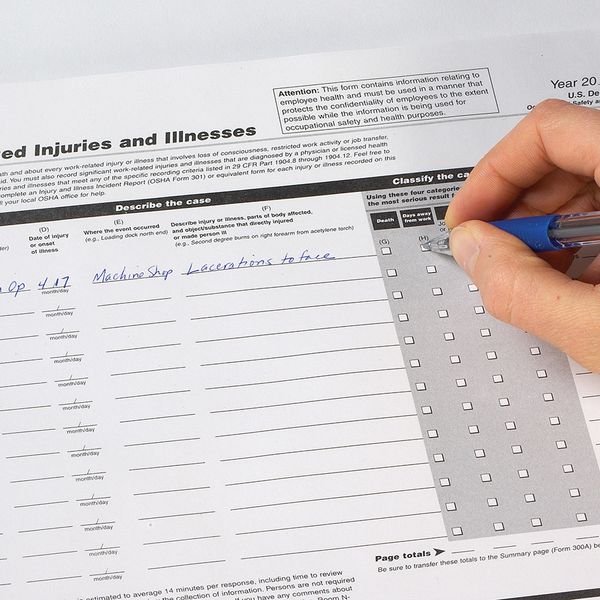If an injured employee requests a day off, is that Days Away?
When injured employees return to work, they may request time off because of the injury. Does that require recording days away on the OSHA 300 Log? Not necessarily.
An employee’s decision to take a day off cannot change how a case gets recorded. Only the employer or a health care professional can impose restrictions or days away. However, if you agree that the worker needed one or more days off because of the injury, you must record that time as days away.
| See our related article Can you fire someone who’s out for a work-related injury? |
OSHA addressed these situations in a letter of interpretation dated March 22, 2011. The letter explains that employers must make a determination on whether the employee could have worked or whether the employee needed the time off for recovery. If you decide that the injured employee could have worked, you don’t need to record days away. However, if you agree that the employee needed time off due to the injury, you must count that employer-approved time off as days away.
Example illustrations
Suppose an employee suffered an ankle injury and was given restrictions that your company could accommodate. You expect him to show up at work the next day. The next morning, he calls in saying that his ankle is swollen so he can’t put on a shoe, and he doesn’t think he can drive. He wants to take the day off. If you agree that he should take the day off to recover, you must record that as a day away.
Another employee gets a cut on his hand and visits a doctor. The doctor cleans and bandages the wound but doesn’t impose restrictions. The next day, the employee texts his supervisor that, “My hand hurts, so I’m staying home today.” Attempts to contact the worker for details yield no response. If you believe the employee could have reported for work and performed all job duties, you don’t have to count it as a day away on the OSHA 300 Log.
Making the determination
OSHA’s FAQ search page addresses two questions involving employees choosing to take days off due to injury. Both responses state that the employer “must make a good faith decision” on whether or not the injured worker needed the time off.
The letter of interpretation clarifies that whether the employer records the time as vacation, sick time, or unexcused absence doesn’t matter since employers must count all calendar days, including non-working days. The key is the employer’s determination of whether the employee needed time off, or whether the employee could have worked.
When making a good-faith decision, you would likely consider the nature and severity of the injury. You’ll probably need to rely on whatever information the injured worker provides. The employee might indicate severe pain, a reaction to a medication, or other reasons for taking time off.
In addition, you might consider the injured employee’s work history. Does this person reliably come to work, or does the injured worker have a history of calling in sick for unusual reasons?
Finally, remember that calling off work for reasons unrelated to the injury (such as car trouble or staying home to care for a sick child) would not require a determination on whether the employee could have worked. If the employee didn’t request time off “because of” the injury, then the absence would not count as days away.
Key to remember: Only the employer or a doctor, not an employee, can create a days away case. However, if the employer agrees that an employee needed time off to recover, the employer must count that as days away.



















































